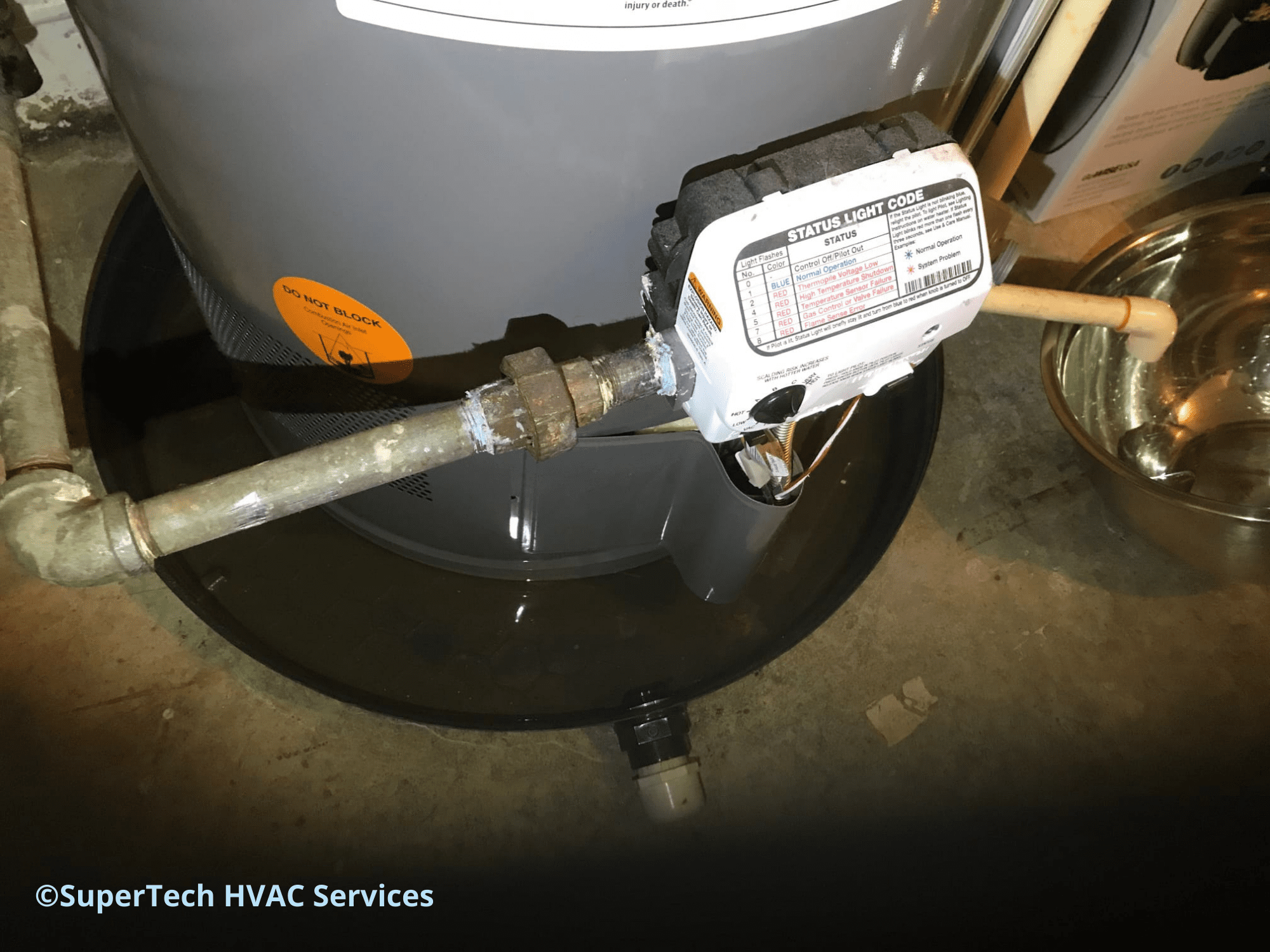The article author is making a number of great annotation relating to Common Problems with Your Home Water Heater as a whole in this post beneath.

Visualize starting your day without your regular warm shower. That already sets an inadequate tone for the rest of your day.
Every home requires a reliable hot water heater, yet only a few understand exactly how to take care of one. One very easy way to keep your water heater in top form is to look for mistakes routinely as well as fix them as soon as they appear.
Keep in mind to shut off your water heater before sniffing around for faults. These are the water heater faults you are probably to experience.
Water too hot or too cool
Every hot water heater has a thermostat that figures out exactly how hot the water gets. If the water entering into your home is also hot despite establishing a hassle-free maximum temperature, your thermostat could be malfunctioning.
On the other hand, too cold water might be because of a failed thermostat, a busted circuit, or inappropriate gas flow. As an example, if you utilize a gas water heater with a damaged pilot light, you would obtain cold water, even if the thermostat is in excellent condition. For electrical heaters, a blown fuse might be the offender.
Not nearly enough hot water
Hot water heater come in numerous dimensions, depending on your hot water needs. If you lack warm water before everybody has actually had a bathroom, your water heater is too little for your family size. You should take into consideration installing a larger water heater tank or selecting a tankless water heater, which takes up less room and also is a lot more long lasting.
Unusual noises
There are at least five kinds of sounds you can learn through a hot water heater, yet one of the most typical interpretation is that it's time for the water heater to retire.
First of all, you should know with the typical seems a water heater makes. An electrical heating system may sound various from a gas-powered one.
Standing out or banging sounds usually imply there is a piece of debris in your tanks, and also it's time to clean it out. On the other hand, whistling or hissing sounds might simply be your shutoffs letting some stress off.
Water leaks
Leakages could come from pipelines, water connections, shutoffs, or in the worst-case scenario, the storage tank itself. Over time, water will certainly wear away the storage tank, and also find its escape. If this takes place, you need to replace your water heater asap.
However, before your adjustment your entire container, be sure that all pipes remain in area and that each valve works completely. If you still need assistance determining a leakage, call your plumber.
Rust-colored water
Rust-colored water suggests one of your water heater components is corroded. It could be the anode rod, or the storage tank itself. Your plumber will be able to determine which it is.
Lukewarm water
Despite just how high you established the thermostat, you will not obtain any type of hot water out of a heating unit well past its prime. A water heater's efficiency may lower with time.
You will certainly likewise get lukewarm water if your pipes have a cross link. This means that when you activate a tap, hot water from the heating system moves in together with regular, cold water. A cross link is simple to spot. If your warm water taps still run after closing the water heater shutoffs, you have a cross connection.
Discoloured Water
Corrosion is a major source of filthy or discoloured water. Corrosion within the water container or a failing anode pole could create this discolouration. The anode rod secures the tank from rusting on the inside and also need to be checked yearly. Without a pole or a correctly operating anode rod, the warm water quickly rusts inside the container. Contact a professional hot water heater technician to identify if changing the anode pole will certainly fix the problem; otherwise, change your hot water heater.
Conclusion
Ideally, your water heater can last 10 years before you need a modification. Nevertheless, after the 10-year mark, you may experience any of these faults more on a regular basis. At this point, you should include a brand-new hot water heater to your budget plan.
How To Troubleshoot 3 Common Water Heater Problems in Twin Cities
The Water Heater Is Leaking
A leaky cold water inlet valve A loose pipe fitting A leaky temperature and pressure relief valve A corroded anode rod A cracked tank Turn Off Your Water Heater:
Shut off your gas water heater by turning the gas valve on the unit to the “OFF” position. Shut off your electric water by switching its power off at your electrical panel. Look for a two-pole breaker labeled “water heater” and turn it to the “OFF” position. Move the ball valve connected to the water heater to be perpendicular to the piping at a 90° angle. Look for the Leak:
Depending on whether the water is coming from the tank's top or bottom, you’ll want to look for the leak in different locations.
If the leak comes from the top of the tank, carefully look for water escaping from the cold water inlet valve or loose pipe fittings. Rusted hot and cold water valves can have loose connections with the tank, with water leaking out of them.
https://mspplumbingheatingair.com/blog/how-to-troubleshoot-3-common-water-heater-problems
We were shown that report on Water Heater Repair and Troubleshooting from an acquaintance on our other website. Don't hesitate to set aside a second to promote this post if you liked it. Thanks so much for taking the time to read it.
Make An Appointment